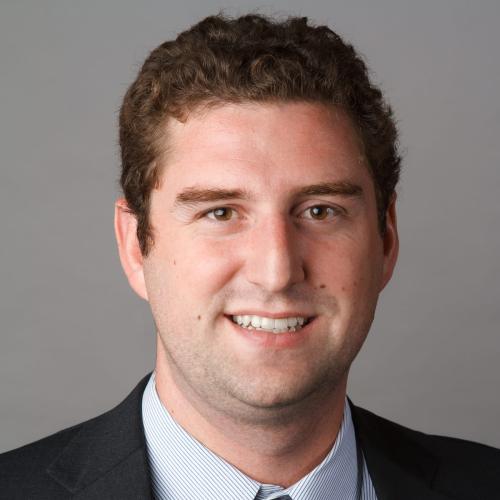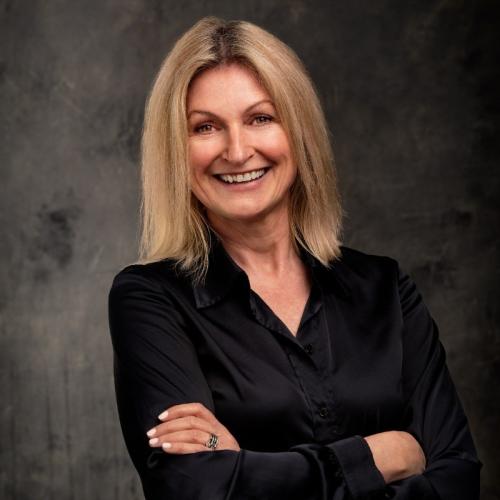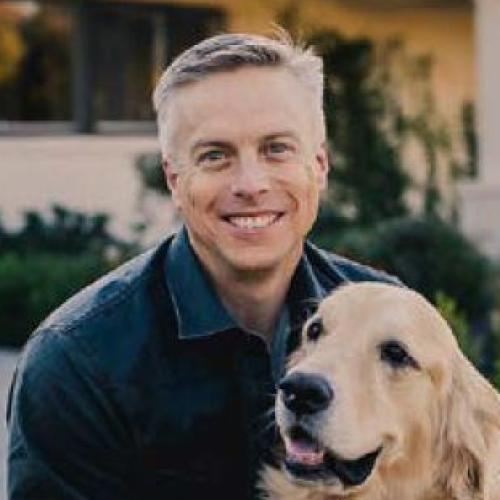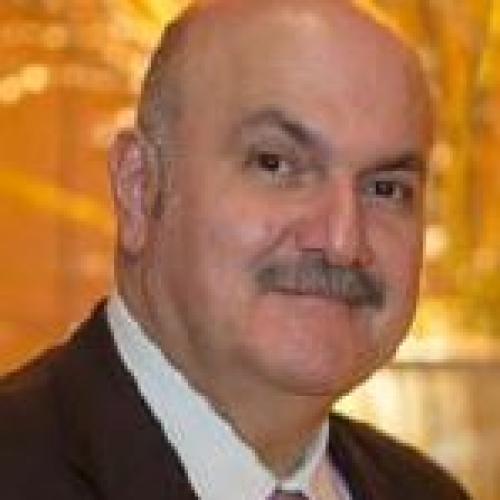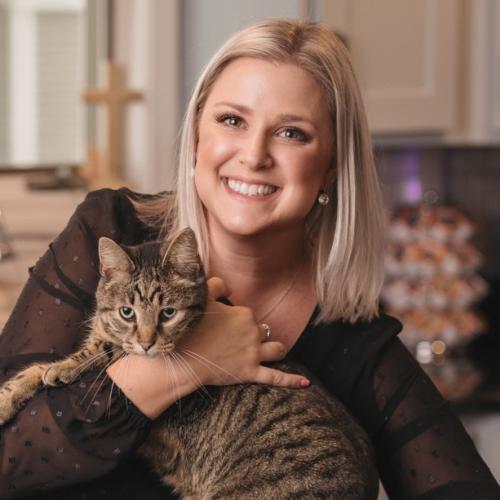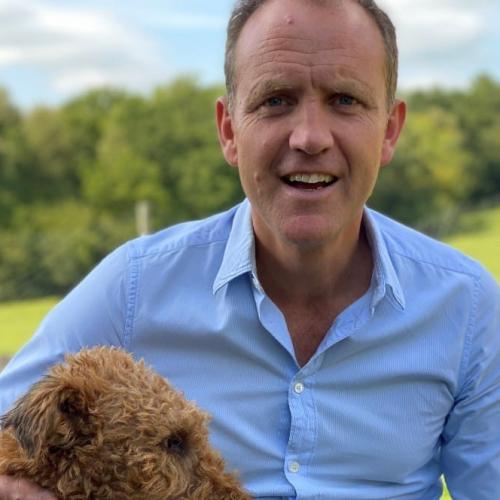What was the motivation behind your business idea?
I merged my first biotech company back in 2007. After the merger, I was given a responsibility to look at what were my opportunities from then on. It allowed me to look at the animal health market. I was engaged with someone who was an expert in the field, and I began to appreciate the fact that a lot of the newer immunotherapies that had been developed in the human health space were not having any impact on the animal health space.
We were looking primarily at the canine cancer market, which several years ago in the 90s was not worth much. Fast forward to today and it’s worth a whole lot more, potentially billions!
Growth has been driven by the introduction of immunotherapies, whether it was monoclonal antibodies or more recently checkpoint inhibitors, CAR T-cell therapies. We saw an opportunity to pursue this space.
I approached someone I'd worked with for several years and that has been with me through the other biotech companies and asked, “Would you be willing to work with me on this new idea and new venture?” She came along as my CMO. We both founded the company, but it was based upon just looking at immunotherapies and what they can do.
What are some of the biggest stressors you feel as a founder?
I think the biggest stressors are the same ones that every CEO has when you're doing something different. What we’re doing is different and we’re establishing a new, different kind of platform, and focusing on eliciting a T-cell response rather than a traditional antibody response.
We think this has the potential to become the next generation of vaccines in animal health. Yet, we have to prove this to investors, but if we don’t have any investments, how are we going to prove it? You need to generate data. The challenge we've had is capital, the same as every biotech startup company. How do you raise it? How do you deploy it most effectively?
Do you enjoy being in a leadership role as a founder?
I've been a CEO for about 20 years, it's difficult to know anything else.
You know, they often say that the CEOs of companies were the B students who know how to hire the students. The success of anything we've done here in any of my companies has been based upon the high quality of the people around us and their contributions have been key – managing them, bringing them together and getting them to focus on, what are the key priorities, and so on.
How do you measure success?
We measure the success of the platform technology by going out and doing studies. It’s our focus now and it’s interesting because the platform unlocks our ability to then solve a lot of problems globally.
Have there been any pivot points in the company’s lifetime?
In the beginning, we out-licensed one thing and worked on it, raised money and it failed. We could have shut down the company and yet I felt a personal responsibility to the people who had invested and felt that we needed to keep the company alive and look for other things.
We began that search and came upon a technology that was being developed which was a gene-based checkpoint inhibitor and we knew how checkpoint inhibitors had revolutionized cancer care in the US.
They are more responsible than anything else for the explosion in the growth of the cancer market. A gene-based checkpoint inhibitor could be quite useful.
As we work in that area, we came to realize that when you begin arming T-cells in the human body this can be equally effective in infectious diseases.
Because we're in the animal health market, we acknowledge the size of canine cancer and infectious disease market. We did another pivot with the idea that we could take the same fundamental technology we're working on and use it in a larger sense.
We know that canine cancer is a big problem but it's still not the problem that African swine flu is. It's not a problem that several other infectious diseases are in animals. And we shifted our focus again and went in that direction.
Can you tell me more about your funding process?
We've raised about $3.6 million from angel investors, which is an extraordinary amount of money from angels, and we've been able to do that through networks we’re part of. We have a significant amount of funding from Ben Franklin Technology Partners in Philadelphia, and we have a good relationship with them.
This is first and foremost about relationships. Do people trust you? Do people have confidence in you?
One of the things that I've been doing for a long time now is to provide all our investors with a detailed quarterly report on what we're doing and when we have a shift or a pivot. This way it’s easier for them to understand the context in which we’re thinking about. It’s extremely important to stay in regular contact with them as per their request.
I think it's extremely important to stay in regular contact with him and my, with my largest investors, you know, I'll talk to them on the phone. on a semi-regular basis as well, as per their request.
Now we're shifting our focus toward raising VC funds. We're right now finishing up an analysis of an African swine fever study that we think has very positive results.
We all had the National Science Foundation funding for a next-generation COVID vaccine. One of the things people talk about in the animal health world a lot is this idea of one world, one health. Many infectious diseases either have or are zoonotic and the same virus can affect both, as they're closely related.
One of the things that we've understood as we're building our platform is that it has value in other areas, and we thought we could contribute to solving other problems.
What we recognized two years ago is the mRNA vaccines have done a phenomenal job in the shortterm but what is needed long-term is that you need a universal vaccine. You need one that's effective and will be equally effective against all variants.
Another thing is that you need something long-lasting to have a long-lasting vaccine. If you need to generate a T-cell response it needs to be focused specifically on T-cells memory generating memory. The third aspect of it is that you need is a barrier in the mucosal lining to block transmission of the virus as well. Fourth, you need something relatively simple to manufacture and fifth requires no cold storage. You shouldn’t have problems with the distribution of it as well. That has been our focus.
That's what we're working on. We're doing at the University of Illinois, Chicago that will help to demonstrate just the value of the platform. Essentially, the only change from one vaccine to another is the antigens that were used to elicit the right antigens. These are proof of concept studies that will demonstrate that the process that we want to do here is effective.
The number one thing we want to spend our funding on is advancing our swine vaccine towards commercialization. The top two things that we're working on are a vaccine for PRRS and a vaccine for African swine fever. These are two of the largest markets in the world for any kind of vaccine. We're focused on those, and we think we've got a fundamentally different and better approach to them. Moving them toward commercialization is our number one priority to do.
We’ll also focus on hiring more people. We outsource everything we do, but that has limitations to it. We need to be able to bring more of the processes in-house and build up our internal capabilities around it.
What is the best advice you have been given over the years?
I can't think of one piece of advice that I've gotten; I'd know one of the best decisions I ever made. It's very tempting when you are the founder of a company to make yourself chairman of the board.
I thought it would be valuable for me, to ensure that the chairman was someone other than myself, but someone who had a lot of experience in the animal health space. I asked Chris Cashman who had worked for many years for Pfizer Animal Health and then went on to become the successful CEO of a couple of biotech companies.
Chris has given me a tremendous amount of good advice. I’ll go to him, and he'll ask me if I want to maybe think about this more carefully and it's almost always just the right approach. So, my advice is to have a strong chairman who is experienced and will give you positive advice.
Is there anything you would have done differently?
A hundred things. The top one is I try not to spend much time going back. What you're trying to do is to learn. Everybody makes mistakes, everybody. These are things that you can’t change and the only reason to go over them is to say, “If I’m faced with that decision again in the future, what would I do?”










